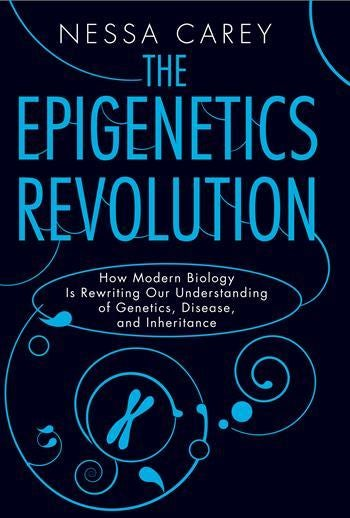



The epigenetic approach has profound implications for research, mental health services, and prevention, as it replaces the earlier focus on genetic predispositions and inborn susceptibility or vulnerability and opens ways for showing how an adverse social environment “gets into the mind” and “under the skin” (Hyman 2009) and affects mental health (Toyokawa et al. 2012). [...]
In the case of schizophrenia, nutritional intake (an environmental factor) can affect epigenetic processes associated with the disorder. The study of survivors of the Dutch “Hunger Winter” of 1944 and of the Great Chinese Famine of 1959–1961, both of which implied prenatal food deprivation, revealed a twofold increase in the cumulative risk of schizophrenia in the birth cohort. The effect of such deprivation on the IGF2 gene, which provides instructions for making a protein that plays an essential role in prenatal development, offers a plausible epigenetic mechanism for the environmental roots of schizophrenia (Toyokawa et al. 2012). [...]
In short, by aiming to give equal weight to genetics and the environment, the epigenetic trend instantiates a sort of social turn in the biological sciences (Meloni 2014a) and, in any case, represents the breakdown of the bio-biobio model as far as the understanding of psychic distress is concerned.

Cover of the book by Nessa Carey
Book description
Epigenetics can potentially revolutionize our understanding of the structure and behavior of biological life on Earth. It explains why mapping an organism's genetic code is not enough to determine how it develops or acts and shows how nurture combines with nature to engineer biological diversity. Surveying the twenty-year history of the field while also highlighting its latest findings and innovations, this volume provides a readily understandable introduction to the foundations of epigenetics.
Nessa Carey, a leading epigenetics researcher, connects the field's arguments to such diverse phenomena as how ants and queen bees control their colonies; why tortoiseshell cats are always female; why some plants need cold weather before they can flower; and how our bodies age and develop disease. Reaching beyond biology, epigenetics now informs work on drug addiction, the long-term effects of famine, and the physical and psychological consequences of childhood trauma. Carey concludes with a discussion of the future directions for this research and its ability to improve human health and well-being.
Find the book at the link below:

Nessa Carey has a virology PhD from the University of Edinburgh and is a former Senior Lecturer in M...
Here's a list of all the other articles mentioned by Vidal and Ortega:

Inspired by the homonymous book by Fernando Vidal and Francisco Ortega, this timespace presents the authors' genealogy of the cerebral subject and the influence of the neurological discourse in human sciences, mental health and culture.